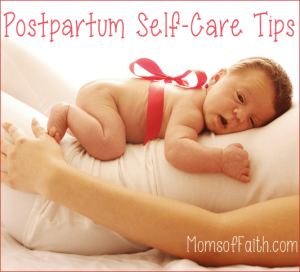Menopause: Navigating the Changes
Menopause is a natural biological process that marks the end of a woman’s reproductive years. It is often associated with various physical, emotional, and hormonal changes. Navigating these changes can be challenging, but with proper knowledge and support, women can embrace this new phase of life.
Understanding Menopause
Menopause usually occurs between the ages of 45 and 55, with the average age being 51. It is defined as the absence of menstrual periods for twelve consecutive months. However, the transition towards menopause, known as perimenopause, can start several years before the actual menopause.
Physical Changes
During menopause, the ovaries produce less estrogen and progesterone, leading to various physical changes. Common symptoms include hot flashes, night sweats, irregular periods, vaginal dryness, and sleep disturbances. These changes can have a significant impact on a woman’s daily life, but they are manageable through lifestyle modifications and medical interventions.
Emotional and Psychological Changes
Menopause can also influence a woman’s emotional and psychological well-being. Fluctuating hormone levels can cause mood swings, irritability, anxiety, depression, and difficulty concentrating. It is important for women to prioritize self-care during this time, seeking emotional support from loved ones and healthcare professionals.
Managing Menopause
While menopause is a natural process, there are various ways to manage its symptoms and promote overall well-being.
Healthy Lifestyle Choices
Adopting a healthy lifestyle can greatly alleviate menopause symptoms. Regular exercise, such as walking, swimming, or yoga, can help reduce hot flashes, improve sleep quality, and boost mood. A balanced diet rich in fruits, vegetables, whole grains, and lean proteins can also contribute to overall well-being.
Hormone Replacement Therapy
Hormone Replacement Therapy (HRT) is an option for women experiencing severe menopause symptoms. This treatment involves taking estrogen and progesterone to balance hormone levels. It can effectively manage hot flashes, vaginal dryness, and bone loss. However, HRT should be discussed with a healthcare professional, considering individual risks and benefits.
Alternative Therapies
Many women explore alternative therapies to alleviate menopause symptoms. These include herbal remedies, acupuncture, meditation, and yoga. While the efficacy of these treatments varies, they can offer relief for some women. It is crucial to consult with a qualified practitioner before embarking on any alternative therapy.
The Importance of Support
During the menopausal transition, it is essential for women to seek support from their healthcare providers, friends, and family. Open communication and understanding can greatly help in navigating the changes that come with menopause. Support groups and online communities can also provide a safe space for women to share their experiences and gain valuable insights.
Conclusion
Menopause is a natural phase in a woman’s life that brings significant changes. While it can be challenging, understanding and accepting the changes that occur during menopause is crucial. With support, proper self-care, and medical guidance, women can successfully navigate menopause and embrace the next chapter of their lives.


